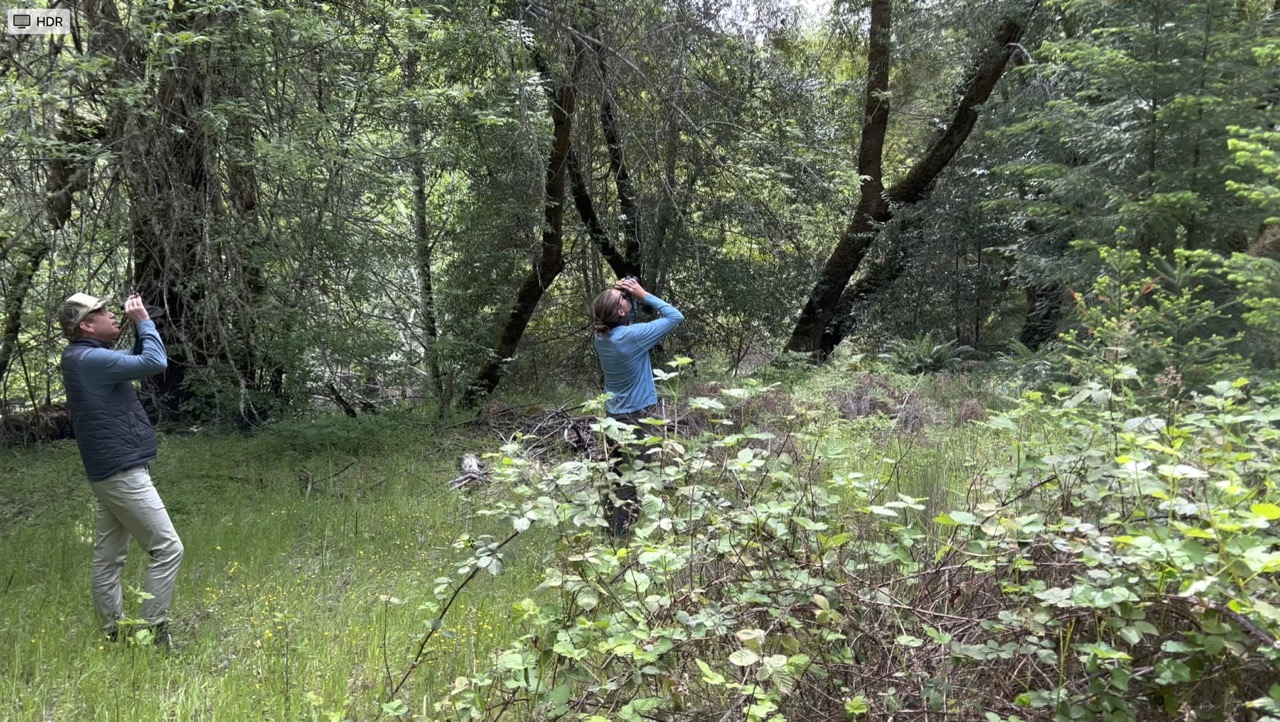The departure from normalcy due to climate emergency and accelerating extinction rates of all species opens the door to a re-evaluation and re-conceptualization of core belief systems and practices in apiculture and conservation. The ecological integrity of wild populations of honeybees (Apis Mellifera) is transforming the fundamentals of apiculture and initiating a radical shift in thinking for apiculturists, conservationists, and scientists alike. As an evolving new reality, wilding has become a driving force of an inquiry into and the creation of a new, holistic paradigm of apiculture and conservation. Wilding describes self-willed ecological processes of ‘living landscapes’ (long-term, minimum intervention, natural process-led area). Honeybees are a keystone species and can serve as a resource and inspiration for our human work in agriculture, sociocultural and environmental fields, apiculture, and economics.
We believe in the importance of multi-disciplinary and collaborative problem-solving and our goal is to assist organizations and communities in increasing their ecological capacity and reach. We serve as an intermediary facilitator for entomological research and compassionate conservation (that argues that compassion for all sentient beings should be what guides conservation actions) with land managers, farmers, educators, researchers, community activists, and apiculturists.
In addition to the Honeybee Conservation & Wilding programs, we also deliver a diverse palette of educational programs to complement our fieldwork and catalyze support both within organizations and with their constituencies, including in-person and online workshops and webinars, and we are always curious about how to co-create hands-on and virtual curricula tailored towards specific circumstances and clients.
Apian Networks focuses on the honeybee populations in local watersheds and promotes a symbiotic narrative and a vision for the collaboration of landscape, honeybees & humans. It is a local watershed program that supports the conditions necessary for populations of honeybees to thrive and provides a baseline for habitat and nesting sites. The framework of Apian Networks follows the natural life gestures of honeybees and integrates cutting-edge research in life sciences, biomimicry and traditional practices. TreeNests are placed to strengthen Apian Networks and are an important tool that can mitigate a low availability of nesting sites and/or support natural selection and the restoration of apian health in a diverse set of landscapes. They are part of new pathways for sustainable, watershed-centric apiculture.




